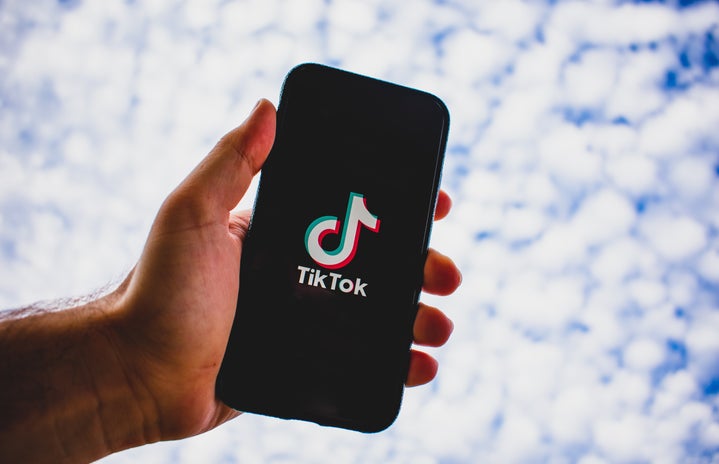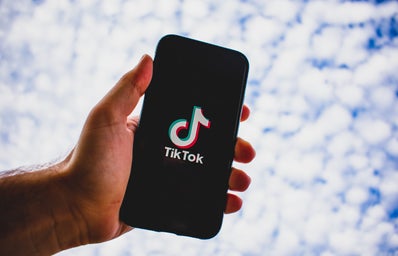Tik Tok: some people call it this generation’s ‘Vine’, while others compare it to a new-and-improved ‘Musically.’ Regardless of the name, the statistics speak for themselves – over 738 million app downloads in 2019 has made Tik Tok the 4th most popular app on the app store. With mostly young people joining the influx of Tik Tok dances and trends shown on the For You page, there seems to be a lack of awareness surrounding the impact that Tik Tok content has on our psychological well-being.
A fundamental component of Tik Tok’s nature lies in self-critique and social comparison. With trends such as the inverted face filter where people invert their face and reveal their dismay of looking unsymmetrical or the filter where you can shape your face into the ‘ideal’ version of yourself, a question emerges in the background: How is this making you feel?
The hyper fixation on a perfect hour-glass figure or 6-pack abs is striking on the For You page, which is continuously replenished with recommended videos for your entertainment. The Tik Tok algorithm has even been accused of promoting conventionally attractive people through facial identification technology, leading to higher views and success rates for these people through, you guessed it, the For You page! Sprinkled into recommended videos are often popular trends and challenges that gain traction through the participation of Tik Tok users.

Of course, being conventionally attractive and confident in your physical appearance and body is not the issue here. Unfortunately, the issue lies in how one’s physical appearance is commodified on Tik Tok. The better looking you are, the more you will be promoted, viewed, supported, and complimented on the app. While the halo effect is a real thing (we are more likely to view an attractive person as better overall), there is simply no need for the body-shaming trends or the desperate yearning to be deemed a ‘Heather.’ There is more to life than the way you look, and teaching young people that Tik Tok is a meritocracy that only rewards the good-looking can leave a negative impact on one’s self-concept.




